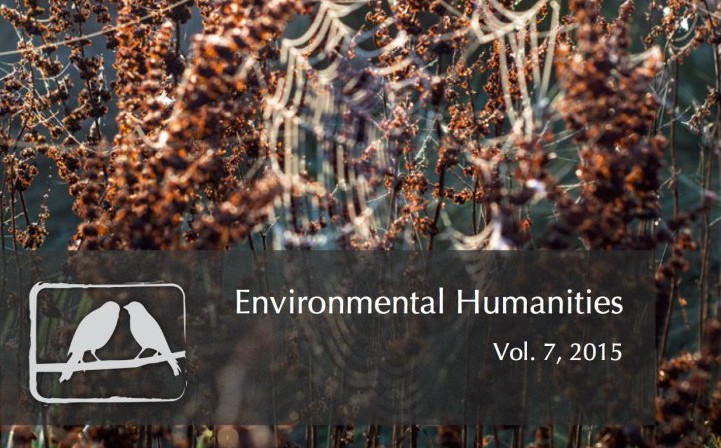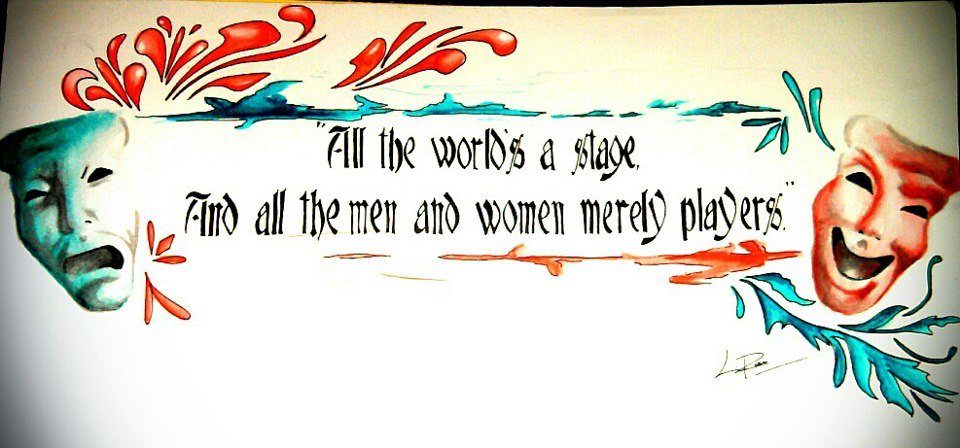Environmental Humanities: Engaging Critics in an Interdisciplinary Space
Studies of the environment have a history of being characterized by a deep division between scientific research and humanities scholarship. In the same way, literary ecocriticism has been engrained within a critical lineage associated with an American wilderness ethic and Jeffersonian logic of “culture” in opposition to “the environment.” In conversation with anti-making discourses, that Read More


